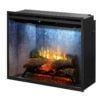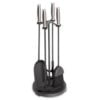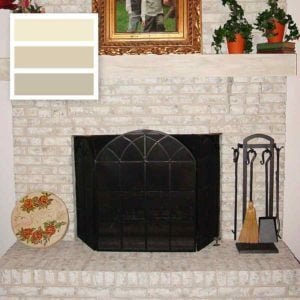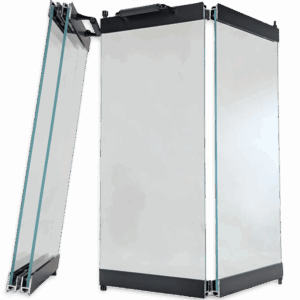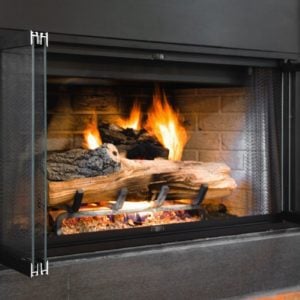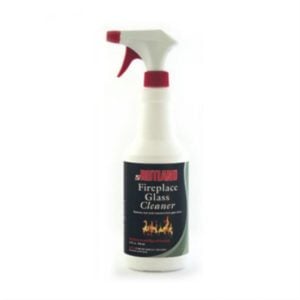Blog
House fires remain a significant threat to life, property, and community safety across the United States. Despite advancements in technology and public awareness, thousands of fires still occur annually, leading to tragic losses and substantial economic damage. Understanding the scope of the problem and how to prevent it is crucial for every homeowner.
The Statistics
Number of Fires
In 2023, U.S. fire departments responded to approximately 1,389,000 fires, marking a 9.1% increase from 2014.
Fatalities
Fire-related deaths have fluctuated over the past decade, with a notable increase in recent years. In 2023, there were 3,670 fire deaths, a 15.9% rise from 2014.
Injuries
While fatalities have increased, fire-related injuries have seen a decline. In 2023, there were 13,350 injuries, a 12.3% decrease from 2014.
Fire Dollar Losses
The financial impact of fires is staggering. In 2023, the estimated property loss due to fires was $23.2 billion, a 16.3% increase from 2014.
Causes
Residential fires are primarily caused by a few key factors:
| Cause | Number of Fires |
|---|---|
| Cooking | 167,800 fires |
| Other unintentional, careless actions | 31,500 fires |
| Heating | 27,900 fires |
| Electrical malfunction | 23,700 fires |
These causes highlight the importance of vigilance in everyday activities and the need for proper maintenance of household systems.
Fire Department Responses
In 2023, U.S. fire departments responded to various incidents, with the majority being non-fire-related:
| Category | Percentage |
|---|---|
| Emergency Medical Services (EMS) and Rescue | 65.2% |
| Good Intent Calls | 11.5% |
| False Alarms | 7.8% |
| Service Calls | 7.6% |
| Fires | 3.9% |
| All Other | 4.0% |
This distribution underscores the evolving role of fire departments in community safety beyond just firefighting.
Strategies For Reducing House Fires
Obviously, taking measures to prevent your house from catching fire is an immediate and major concern. Here are some ways you can try to protect your home:
- Never Leave Cooking Unattended: Cooking unattended is the #1 cause of home fires. Never leave the kitchen while frying, grilling, or broiling. And if you do have to leave, even for a moment, turn the stovetop off.
- Install and Test Smoke Alarms: Smoke detectors are your first line of defense. Put them throughout your home, inside bedrooms and outside sleeping areas. Test monthly, and change the batteries at least once a year. Change the whole unit every 10 years.
- Use Fireplace Doors or Screens: All fireplaces must be equipped with a durable screen or glass doors to keep sparks and embers from flying out. When the fire is snuffed out, ensure the ashes are cooled before dumping them into a metal container placed far away from your home.
- Don’t Overload Outlets; Check Cords: Overloaded outlets and frayed cords constitute serious fire hazards. Don’t daisy-chain power strips, and unplug appliances that aren’t in use. Check cords often, and replace if anything is cracked or damaged. Use only UL-listed surge protectors.
- Keep Flammables Away from Heat Sources: Maintain three feet of clearance between heat sources — including stoves, space heaters and radiators — and flammable materials like curtains, paper products and cleaning supplies. Never keep flammable liquids in the house unless they are in containers that meet the safety standard.
- Store Matches and Lighters Safely: Never leave matches and lighters where children can reach them — in a locked cabinet, if possible. Let children know that these are tools, not toys, and should be handled only by adults.
- Practice a Fire Escape Plan: Each family should also develop a fire escape plan and practice it at least twice a year. Ensure everyone in the family knows two ways out of each room and that you have a meeting place established outside the home. Practice getting out in the dark and crawling low under smoke.
- Clean Dryer Vents Regularly: Dryer vent lint is a frequent cause of house fires, but it is preventable. Wash your lint filter before each load and clean the vent pipe of the dryer from the rear to the outside wall. Do not run the dryer while sleeping or when you’re not home.
- Use Appliances ResponsiblyShut off space heaters and unplug small appliances when not in use. Never run items such as the dishwasher or washing machine overnight. Make sure appliances are functioning safely and that cords are not overheating.
Conclusion
House fires continue to pose a serious threat in the United States, resulting in thousands of deaths, injuries, and billions in property damage every year. The good news? Most of these fires are preventable.
By understanding the leading causes—from cooking mishaps to heating equipment failures—and taking simple but effective steps to reduce risks, homeowners can significantly lower their chances of experiencing a fire. Installing smoke alarms, maintaining heating systems, keeping flammable items in check, and preparing an escape plan can all make a life-saving difference.
At Brick-Anew, we care deeply about fire safety and helping you protect what matters most—your family, your home, and your peace of mind. Whether you’re upgrading your fireplace with safe, stylish accessories or learning new safety tips, we’re here to help make your home both beautiful and secure.
Stay safe—and stay prepared.




